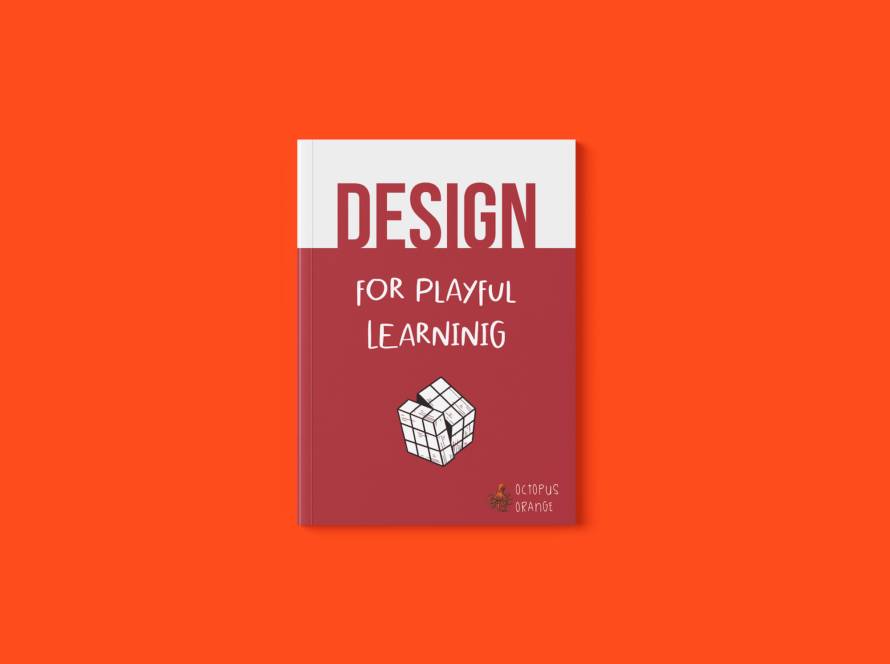Artificial Intelligence (AI) is revolutionizing the world of education. Teachers and students can now benefit from advanced technologies that facilitate learning and teaching. With AI, educators can personalize learning paths for each student, provide more accurate assessments, and even detect signs of emotional distress in students. In this article, we will examine the impact of AI on education by identifying five areas of interest for this emerging technology.
For teachers
Optimizing their practice means reducing the time needed for tasks such as lesson planning, generating presentations, generating text, and summarizing readings or videos. There are several AI tools available that can help with these tasks, such as:
- Education Copilot, curipod.com/ai,
- slidesai.io,
- ChatGPT,
- perplexity.ai,
- and glasp.co/youtube-summary.
Optimizing evaluation is another area where AI can be useful. Traditional paper-based evaluations that are manually corrected can be replaced by more just, efficient, and effective methods. AI tools that can help with generating questions from text or exam versions, automating evaluation, providing immediate feedback, and assisting with correction are available, such as yippity.io and ChatGPT.
AI can also help develop skills such as practicing oral communication, producing media, and enhancing creativity. Tools like:
- Microsoft PowerPoint Speaker Coach,
- express.adobe.com/tools/remove-background,
- openai.com/dall-e-2,
- Canva Video,
- Speechify.com,
- Krisp,
- and Beatoven can be used for image and video production, audio file production, and tutorial production.
Overall, AI has the potential to transform education by improving the learning experience, making it more personalized, efficient, and effective for both teachers and students.



